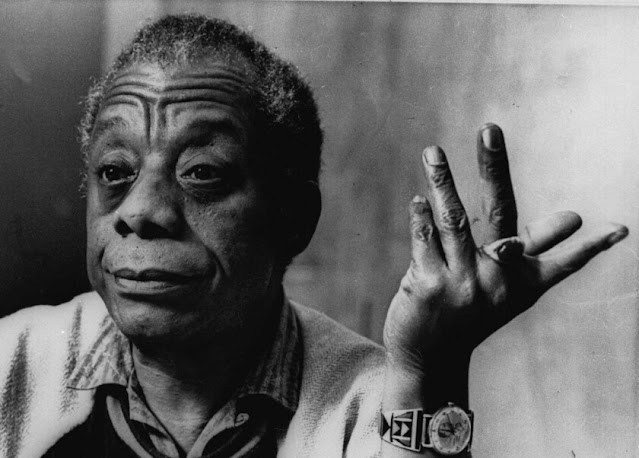Lift Ev'ry Voice and Sing: A Call for Justice
 |
| Harry T. Burleigh |
 |
| Ella Sheppard |
 |
| Ella Sheppard and her sons, husband, and mother |
We are still struggling to make sure that Ella Sheppard receives credit for her work, since her name did not appear on many of her arrangements. I suppose she considered herself to be an employee of the Fisk School and the Jubilee Singers, and did not think in terms of royalties or credit as composer or arranger in perpetuity. (Was a single black woman even able to open a bank account back then?) Wikipedia repeatedly removes material that I have included in her article, because they claim there is not enough "historical evidence." The struggles of black women never end!
Harry Burleigh's grandfather also had to purchase his own freedom. His daughter (Harry's mother) was a school teacher, but was denied a teaching position in her home town of Erie, Pennsylvania because of her race. She taught, however, at the local Colored School for many years. She also worked as a maid to make ends meet. Burleigh sang the spirituals that had been arranged by Ella Sheppard, and sung and recorded by the Fisk Jubilee Singers, for Czech composer Antonín Dvořák, whose melodies he ultimately utilized in his Symphony "From the New World". Dvořák received tremendous compensation and fame for his composition. Not so for Ella Sheppard or the Fisk Jubilee Singers.
W.C. Handy, J. Rosamond Johnson, and Bob Cole enjoyed fame and success as composers of musicals, ragtime hits, and vaudeville tunes. (Bob Cole, however, suffered from clinical depression and ultimately committed suicide.) J. Rosamond Johnson, along with his brother James Weldon Johnson, composed the famous "Negro National Anthem" Lift Ev'ry Voice and Sing. In spite of institutionalized racism and legal segregation, these men were able to leave sizable estates to their descendants.
My parents, on the other hand, pursued careers in classical music. The doors controlled by symphony orchestras, concert artist managers, and classical concert agencies were repeatedly slammed in their faces. Early in my mother's career she had been engaged to appear as piano soloist with her home town orchestra in Charleston, West Virginia. A few months before the concert was scheduled, the conductor who had engaged her died suddenly, and was replaced by an avowed racist who cancelled her contract. This broke her heart. My father said that she never fully recovered from this.
 |
| Natalie Hinderas |
And now that we all finally know about jazz pianist Don Shirley - that his first love was Chopin, and his manager Sol Hurok refused to engage him as a classical soloist. Later in his life, Shirley was enraged at white America. "They wanted me to wear overalls, a red bandanna, and a straw hat! That's what they tried to do to me!" said the musical genius about the cover artwork for his album.
My parents desperately needed to believe that times had changed and that the doors that had been closed to them would open for me. Such was not the case in this country. Granted I managed to secure more orchestral engagements than they had, but the doors to the major artist management firms were still closed. I have seen former Juilliard schoolmates - some of whom were barely qualified - enjoy success and fabulous salaries simply because they were white men. American audiences are being cheated because of old, out-dated thinking. Some of our best and brightest talents are not being heard today because of a pervasive racism that is now being exacerbated under the Trump administration.
Today I am writing this in the aftermath of another "not guilty" verdict of the police officers in Sacramento who murdered another unarmed, innocent, African-American man. My anger is boiling over. This country needs to step up and face the injustices that She has perpetrated on Her own people.
Meanwhile, stay tuned for details surrounding my book launch. That book is gonna be a doozy!
¹ "Dallas Symphony Bars Natalie Hinderas," Jet Magazine, March 13, 1958.
Meanwhile, stay tuned for details surrounding my book launch. That book is gonna be a doozy!
¹ "Dallas Symphony Bars Natalie Hinderas," Jet Magazine, March 13, 1958.












For every one hundred fifty slot pints Club Sol Members can earn 1 bottle of wine, from Club Sol between 12pm-10pm. Slot bet365 machines can be found on a first-come, first-served foundation and have to be consistently performed. Steampunk meets Gatsby in this tucked-away room for top-tier avid gamers. Grab considered one of our specially curated spirits from the bar and enjoy exclusive gaming in a novel environment.
ReplyDeleteGreaat post thank you
ReplyDelete